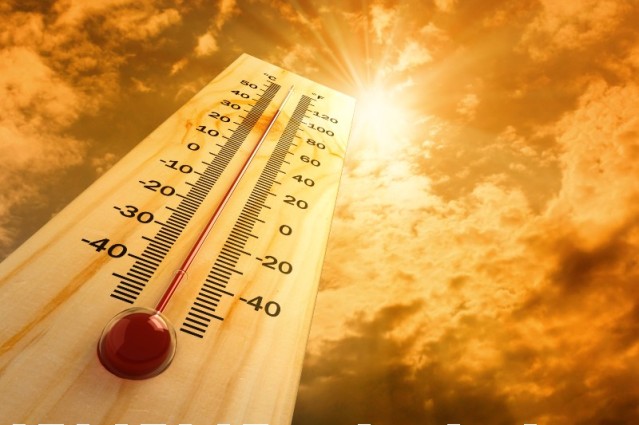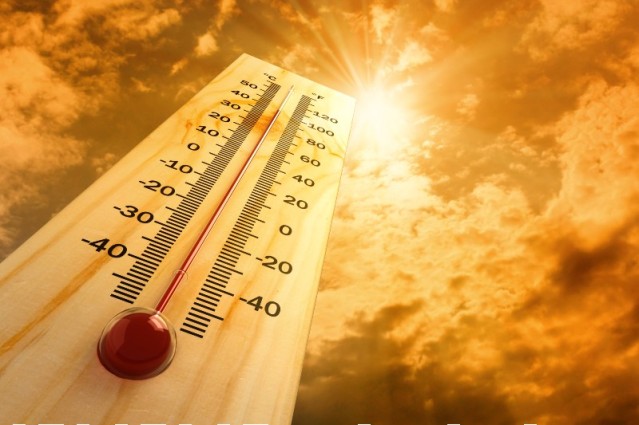
Analysis: Studies point to significant health implications of even a modest increase in temperatures

By Anders Lorenzen
With temperature records now frequently being set around the world and continuing to do so even though we drastically cut emissions, research studies published in the journal Nature, reveal that even moderate warming at 34 degrees C can significantly impact heart health.
The study reveals that air temperatures as low as 34 °C can lead to a steady increase in heart rate under humid conditions. This rise, also known as cardiovascular strain, occurs even before a person’s internal temperature starts to rise.
Extreme heat and heart health
These findings taken in conjunction with the rise of extreme heat events. And especially with the world’s average temperature worldwide hitting records two days in a row earlier this month, this research becomes very relevant.
Rachel Cottle, a researcher in exercise physiology at the Pennsylvania State University in State College and a co-author of a paper, which was published recently in the Journal of Applied Physiology said: “More people are going to be exposed to heatwaves and potentially be at risk”. She added that the work to identify a combination of temperature and humidity that endangers the body could produce strategies to protect human health.
The participants who took part in the study were studied in humid conditions when walking slowly and exposed to cardiovascular strain at 34 °C. In dry air that threshold was higher at 41 °C. The strain always began 20 minutes before the participants’ core temperatures started to rise.
Cottle added that this is easy to measure and could act as a useful warning sign: “If all of a sudden you notice your heart rate going up quickly and progressively, then that might mean that your core temperature will start to rise, that’s when you need to take precautionary measures”. Heart rate – resting and active – can fairly accurately be measured and tracked on various smartwatches and activity trackers.
Impacts observed even when sedentary
However, another study highlights that heat can affect the heart even when people are not moving. A study by Lewis Halsey and his team at the University of Roehampton in London found that at 50% humidity, the resting heart rate of participants was on average 64% higher at 50 °C than at 28 °C. “So, if you are resting and you’re out in the sun, on the beach or whatever, your heart rate will still increase,” Halsey explained.
When the body temperature rises, it typically activates two main mechanisms to regulate its core temperature: 1) sweating, and 2) increasing the blood flow from the core to the skin. Barrak Alahmad, a specialist in climate change and health at the Harvard T.H. Chan School of Public Health, in Boston, Massachusetts explains: “While this is happening, you also have an increased metabolic demand that requires an increased heart rate, So, we’re asking the heart to work harder, while taking blood away from it.”
It’s worth adding that in healthy young adults that extra effort may be harmless. But for older or vulnerable people with existing heart conditions, exposure to extreme heat could be lethal. An increase in the temperature of just 1 °C is associated with a 2.1% increase in the risk of death related to cardiovascular disease. Though even in healthy young people, exposure to extreme heat over longer periods with little recovery time for the body, such as continuous hot nights, is going to have an impact.
On a global level, the world has warmed on average 1.2 °C. And the majority of scientists, policymakers and climate advocates are becoming increasingly pessimistic that the threshold of 1.5 °C of warming could still be reached even with drastic emission reductions or removal of CO2 from the atmosphere.
Categories: climate change, Health, impacts, science